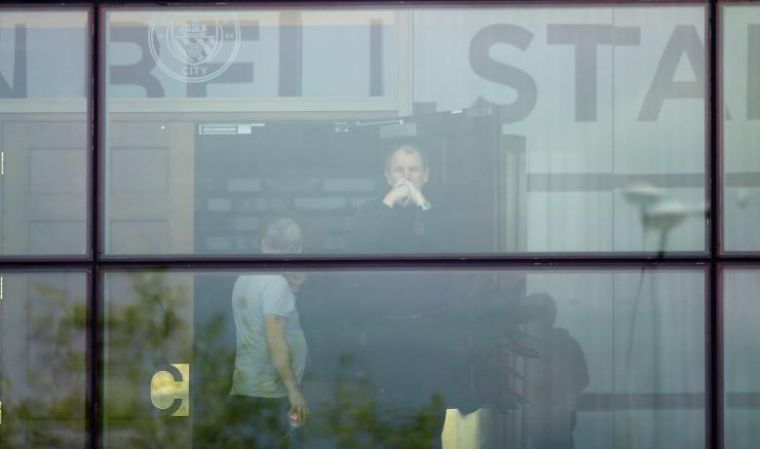After Manchester, 6 commandments for social media
In the wake of the Manchester bombing, social media has been awash with reactions – not all of them helpful or true. Astonishingly, 'fake news' has been circulating, some of it deliberately made up. Buzzfeed has listed – among others – a false rumour of a gunman at Oldham hospital, a collage of pictures of 'missing' children that went viral but was invented, and even people tweeting about fake 'missing friends' to generate retweets.

So how should Christians respond to Manchester on social media? Here are suggestions.
1. Don't share something unless you're sure it's true. This usually means checking it against a reputable news source, though beware: anyone can get caught out, especially given the speed of communications nowadays. It's best to check official police statements.
2. Think about who's reading your posts. It may not just be your friends; once it's out there, it's out there. There might be people directly affected by what's happened, or who might have experienced similar events. Are you sure they could read what you write without being angry or upset?
3. If you have to write something, don't write too much. There's always a risk we'll try to explain the inexplicable. And don't be glib: there's a time for Jesus-talk, but what's good and appropriate in church isn't in a public forum. And social media is public.
4. Don't be hateful. Every time there's an atrocity like this, there are people who'll try to use it to spread anger and contempt for other communities, usually Islam. If this was a terrorist attack, the people who planned and carried it out are not good Muslims any more than the Ku Klux Klan were good Christians. As the Bishop of Manchester tweeted:
To the trolls who are up and about early trying to feast on last night's tragedy. Your words condemn you themselves.
— David Walker (@BishManchester) May 23, 2017
5. Do be prayerful. Yes, there are people who find the #prayfor hashtag irritating. But without that, or something like it, we leave the social media space open for people with nothing at all to say, or who want to spread hatred.
6. Don't just say something. One of the problems with social media is that it lends itself to 'clicktivism' – we click on 'like' or 'share' and imagine we've done something significant. It's easy, and it's not nothing. But it might be more useful to give to a fund, or become involved in community restoration in other ways, if we're able.











